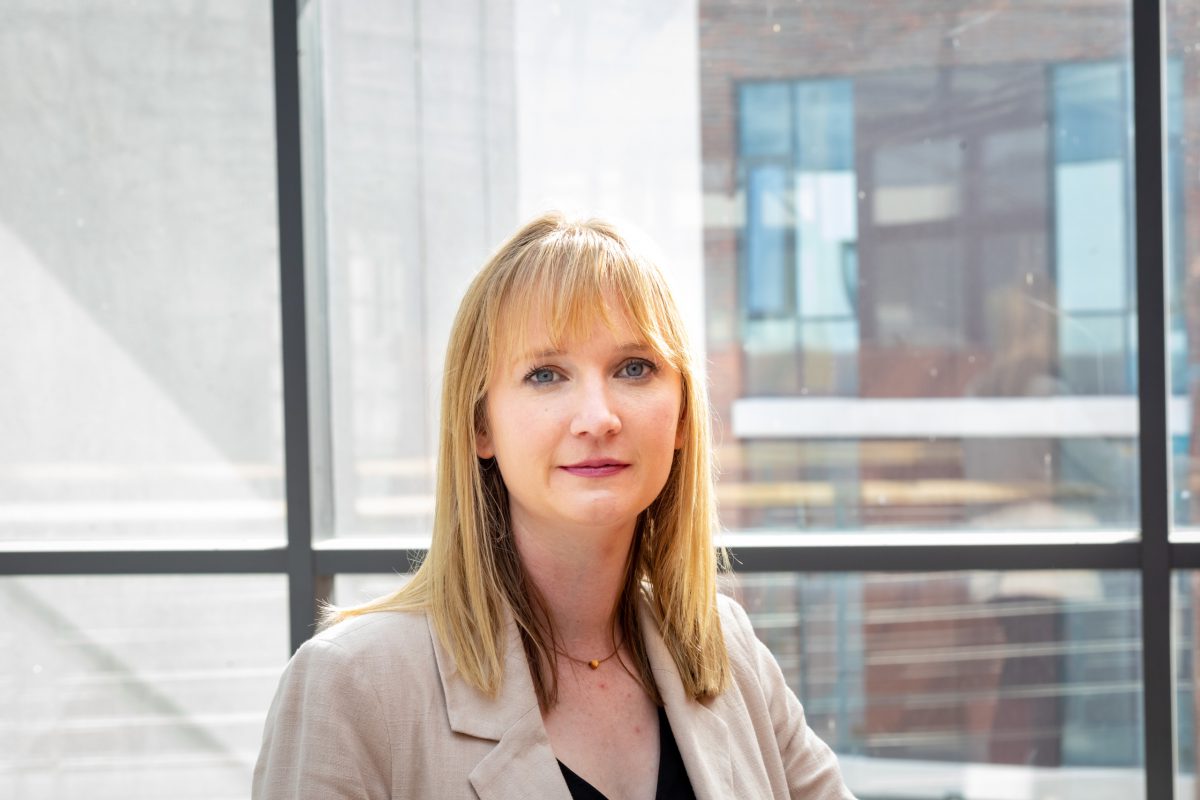A new report from Dublin City University which looks at the current and anticipated challenges faced by young people with autism and their families due to the COVID-19 restrictions, highlights a decline in children’s abilities and skills since the introduction of the restrictions and an increase in some challenging behaviours.
Led by Dr. Sinéad Smyth from DCU’s School of Psychology, the report is part of an ongoing study to look at thecurrent and long term impacts of the COVID-19 related restrictions on the wellbeing of individuals with ASD and their parents. The study will use this information to develop a needs-based resource toolkit to help them deal with relaxations and changes in COVID-19 restrictions.
74% of parents of a child or children with ASD reported that they would be faced with unique challenges over the coming weeks as restrictions are lifted. The most commonly noted challenges included difficulties in relation to social skills due to the lack of social interaction and challenges with leaving the house due to anxiety, particularly in recent weeks as restrictions have begun to ease.
In relation to abilities and skills, a decline was reported for 61% of children. Parents noted a decline in their child’s ability to self-regulate emotions (34% of children) and a decline in motivation to engage in activities, including school work (18% of children).
While the majority of parents had concerns of a decline in their child’s abilities, skills gains were reported for 29% of children, mainly in daily living skills such as household chores and preparation of food.
Speaking about the study, Dr. Sinéad Smyth said: “The necessary closures and restrictions on movement that have been implemented in response to the COVID-19 pandemic have had wide ranging impacts on us all. For children and young people with ASD, adapting to change at such a rapid rate has been very difficult and it is clear from our findings that these children and their parents are experiencing a multitude of unique challenges. Additional challenges arise as restrictions are lifted and children incorporate more activities into their lives again.”
To read more about the research project, visit www.tres.ie










